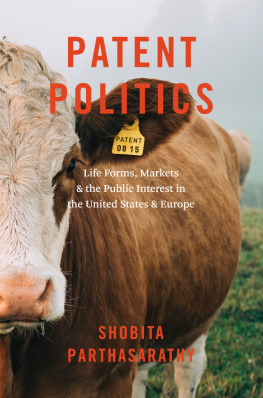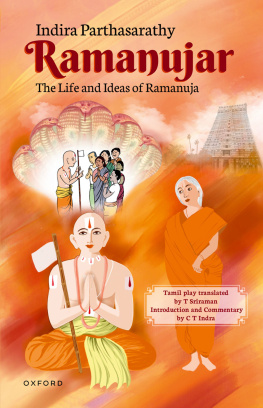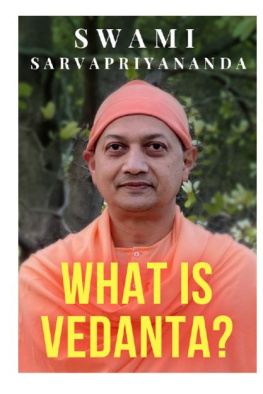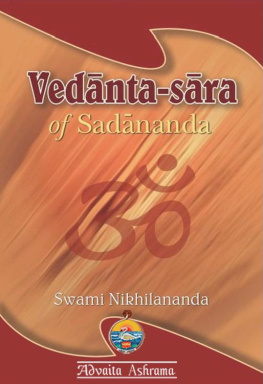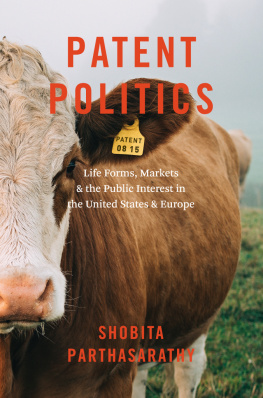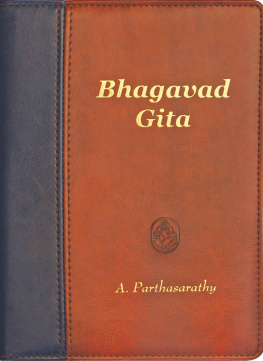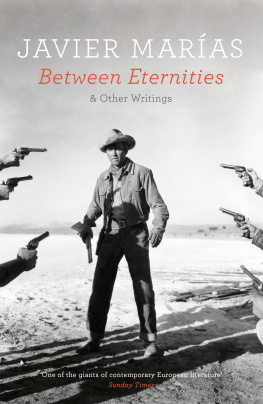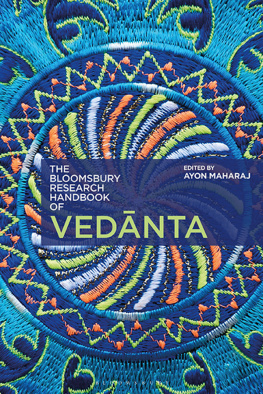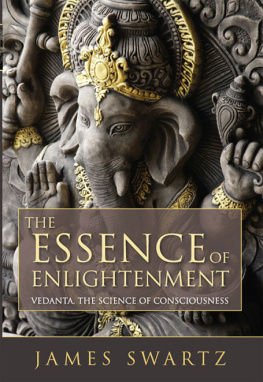A. Parthasarathy
First | Edition | 1978 |
Second | Edition | 1984 |
Third | Edition | 1989 |
Fourth | Edition | 1992 |
Fifth | Edition | 1995 |
Sixth | Edition | 1997 |
Seventh | Edition | 1999 |
Eighth | Edition | 2000 |
Ninth | Edition | 2001 |
Tenth | Edition | 2002 |
Eleventh | Edition | 2004 (Revised) |
Twelfth | Edition | 2004 |
Thirteenth | Edition | 2006 |
Fourteenth | Edition | 2007 |
Fifteenth | Edition | 2009 |
Sixteenth | Edition | 2012 |
Seventeenth | Edition | 2015 |
Copyright Notice. Copyright with respect to this item and all the contents contained in this book belongs to the Author and the Publisher - A. Parthasarathy. ALL RIGHTS RESERVED. This item contains material protected under domestic and international Copyright Laws and Treaties. No part of this material may be reproduced or transmitted in any form or by any means without express written permission from the Author. No part of this material may be otherwise modified, copied, reproduced, republished, uploaded, posted, transmitted or distributed in any form. You may only use this material for your own non-commercial use. Any resale or offer for resale of this material and any other commercial use that may violate Author's legal rights is strictly prohibited. This material may only be distributed, offered for sale or sold by an authorized distributor or seller in your region, subject to and as limited to express written authorization from the author. This material may not be exported to another region to be offered for and/or for sale/resale. Any exportation from or importation of this material to another region without the Author's express authorization is illegal and is a violation of Author's legal rights. The Author, at his discretion, has the right to seek all legal remedies including but not limited to monetary damages to the maximum extent permitted by law.
ISBN No: 978-93-81094-10-5
PREFACE
The Vedanta Treatise presents the ancient philosophy of Vedanta. A philosophy which enunciates the eternal principles of life and living. Living is an art, a skill, a technique. Few have understood it to be so in the span of human history. Nevertheless, you need to learn and practise the technique of living. As you would for playing a musical instrument or flying an aircraft.
The world today is unaware of this process of learning. It is not taught in a school or university. Nor in a moral or religious institution. Thus people go through a mechanical way of living merely following a routine of their predecessors. They lack this fundamental knowledge of living. And become victims of stress and strain.
People everywhere have lost the pleasure in action. They try to find peace and happiness by abstaining from action. Hence everyone looks forward to weekend and vacation. Even seeks premature retirement from work. This is a human weakness. Do not fall a prey to it. If you cannot find peace and happiness in action you can never find it through abstaining.
The world presents two distinct classes of people. One class is active, productive and prosperous. The western world seems to fit into this category. But by their own admission they have lost their peace of mind. While the other class of people is relatively peaceful and happy but without much action. Since they lack action they are not productive, prosperous. Some of the eastern countries face this problem. Thus there is action without peace on one side and peace without action on the other. One wonders if it is possible to combine dynamic action with mental peace. Vedanta provides the answer. The few who have imbibed the knowledge of Vedanta, learnt and practised the technique of living, live a dynamic life of action while enjoying perfect peace and happiness within.
Above all, the Treatise helps you evolve to greater heights in your own spiritual path. It provides you with the knowledge and guidance to reach the ultimate in human perfection. The goal of Self-realisation.
The book contains twenty-one chapters spread over three sections. The first section introduces the concept of Vedanta to help those unfamiliar with it. The second deals more with its practical application. How Vedanta can be ingrained in your lives. The final section covers the highest tenets of its philosophy culminating in the transcendental experience. It ploughs through human ignorance and delusion to discover the pristine glory of ones supreme Self.
Section I: Introduction to Vedanta
The first section introduces Vedanta to the layperson. Vedanta is a systematic knowledge which explains the meaning and purpose of your existence in the world. A knowledge that is founded on its own authority. It trains you to think for yourself. To analyse, investigate and realise the quintessence of life. Not to submit yourself to blind faith, superstitious belief or mechanical ritual. Ultimately, it leads you to spiritual Enlightenment.
The knowledge of the unknown can be gained only through the use of known factors. Therefore, to unravel the mystery of God you need to use the world of objects and beings known to you. Start with the study of the world, the individual and the relationship between them.
How are you to relate with the world to find peace and harmony? It is not the world that bothers you as you believe it to be. But your relationship with it. You need to learn the principles of right living. Change the character of your action from selfishness to selfless service. Mend the quality of your emotion from preferential attachment to universal love. Raise your knowledge from the mundane to the supreme Self within. Thus you shall reach the culmination of human life, the ultimate state of peace and bliss, the goal of religion.
Section II: Practical Vedanta
The second section covers the practical application of Vedanta in life. Explains the composition of a human being. The five layers of the human personality enveloping the inner Self. The three states of conditioned-consciousness known as waking, dream and deep-sleep. Every human being goes through the cycle of these states. None realises the pure Consciousness, the Core of ones being. Vedanta directs you to discover the Core, the supreme Self within.
Humans fall under four distinct classes depending on the development of their mind and intellect: the predominantly emotional, predominantly intellectual, balanced in both, underdeveloped in both. Accordingly the four paths of Devotion Bhakti, Knowledge Gnana, Action Karma and Compulsion Hatha are prescribed respectively for their spiritual development. Practising these disciplines the seeker evolves to the state of dispassion. Which prepares him to enter the final stage of meditation. And through meditation he reaches Self-realisation.




